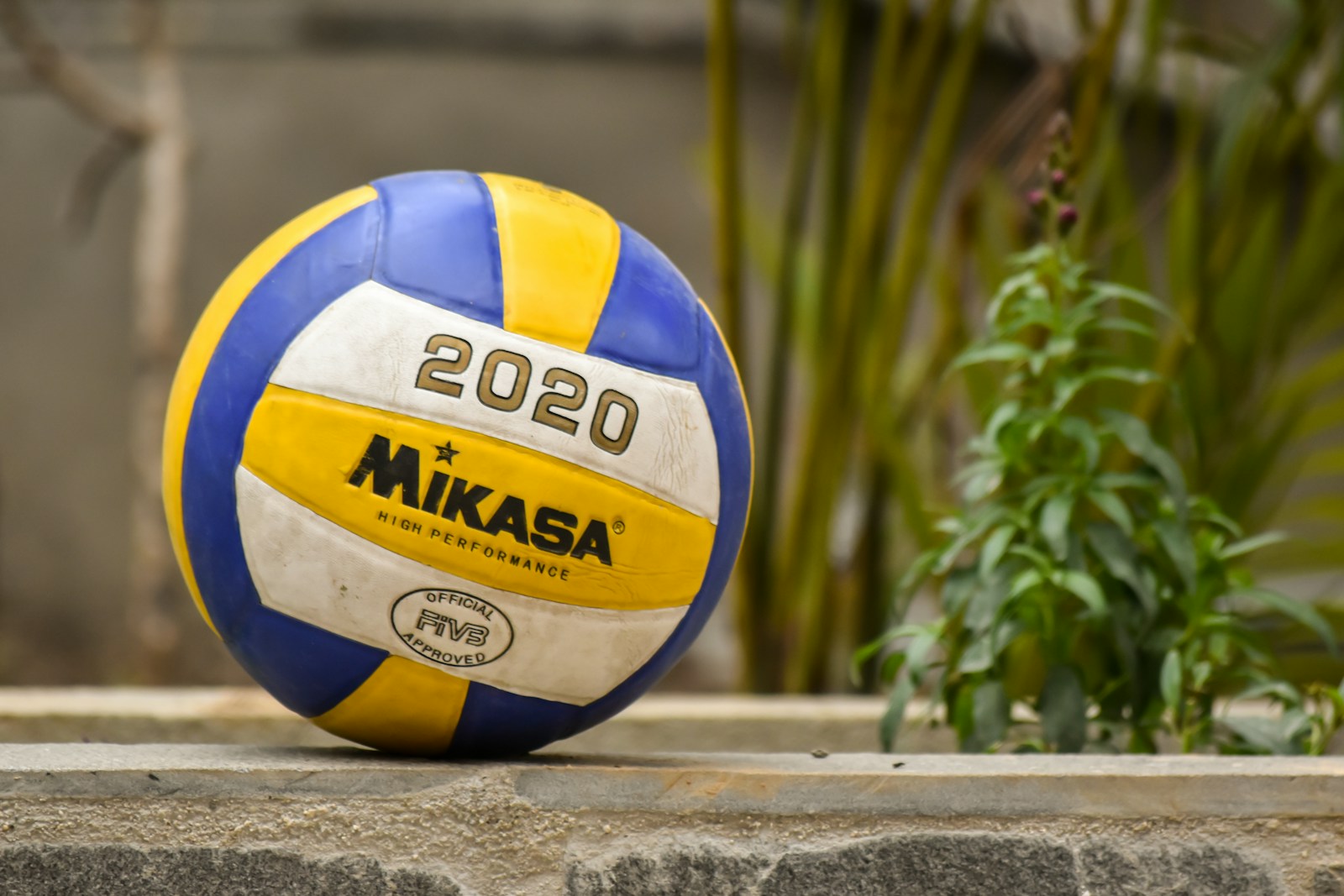A new development has come to light in an ongoing legal battle involving women athletes from the University of Wyoming and Mountain West Conference over a transgender athlete’s participation in women’s sports.
Key Takeaways:
- Federal Judge S. Kato Crews, known for enforcing the use of preferred pronouns in his courtroom, has denied women athletes the opportunity to appeal the inclusion of a male athlete on a women’s volleyball team.
- The case centers around Blaire Fleming, a transgender athlete competing on San Jose State University’s women’s volleyball team.
- Wyoming and other teams have forfeited games against Fleming’s team in protest.
- The athletes argue that Judge Crews has shown bias and should step down from the case due to his pronoun policy and perceived pre-judgment.
- Despite their concerns, the judge refused their request to appeal, stating he has allowed exceptions for their case.
The Battle Over Fairness in Sports
The dispute began when Blaire Fleming, a male athlete identifying as female, joined the women’s volleyball team at San Jose State University. This decision led to several teams, including Wyoming, forfeiting their matches against Fleming’s team, citing concerns about fairness in women’s sports. A group of women athletes decided to take legal action against the Mountain West Conference and San Jose State University, arguing that allowing male athletes to compete in women’s sports is unfair and violates Title IX, which mandates equal opportunities in sports for women.
Judge Crews’ Controversial Policies
Judge S. Kato Crews, overseeing the case in Colorado, has faced criticism for his courtroom policies. He mandates the use of preferred pronouns for transgender individuals, which some see as imposing a progressive agenda. The women athletes involved in the case have expressed concerns that this policy indicates his bias towards the transgender community, suggesting he has already made up his mind on the issue. They requested that he step down from the case to ensure a fair trial. However, Judge Crews refused, arguing that he has allowed flexibility in pronoun usage for the plaintiffs and that there is no grounds for him to recuse himself.
The Denial of Appeal
The plaintiffs asked to appeal the judge’s decision, hoping a higher court would review whether Judge Crews should remain on the case. In a sharp response, Judge Crews denied their request, asserting that he has been accommodating by letting them choose their own pronouns. He dismissed their concerns about bias, stating they should accept his accommodations without further protest. This response did little to address the athletes’ worries about his impartiality, as his general courtroom rules still suggest a preference that could influence his judgment.
Implications Moving Forward
The case will now proceed in Judge Crews’ courtroom, despite the controversy surrounding his impartiality. The athletes and their supporters worry that his stance on pronouns reflects a broader bias that could affect the outcome of the case. This situation highlights the ongoing debate over transgender athletes in women’s sports and the challenges of ensuring fairness and equality in such disputes.
As the case moves forward, many will be watching to see how Judge Crews handles the proceedings and whether his courtroom policies will impact the final decision. The outcome could set a significant precedent for similar cases across the country, influencing the future of women’s sports and the inclusion of transgender athletes.
For now, the women athletes must continue their fight in a courtroom where they feel the odds are stacked against them. Whether their concerns about fairness will be heard remains to be seen.
